-
The Gingerbread House In Hansel And Gretel
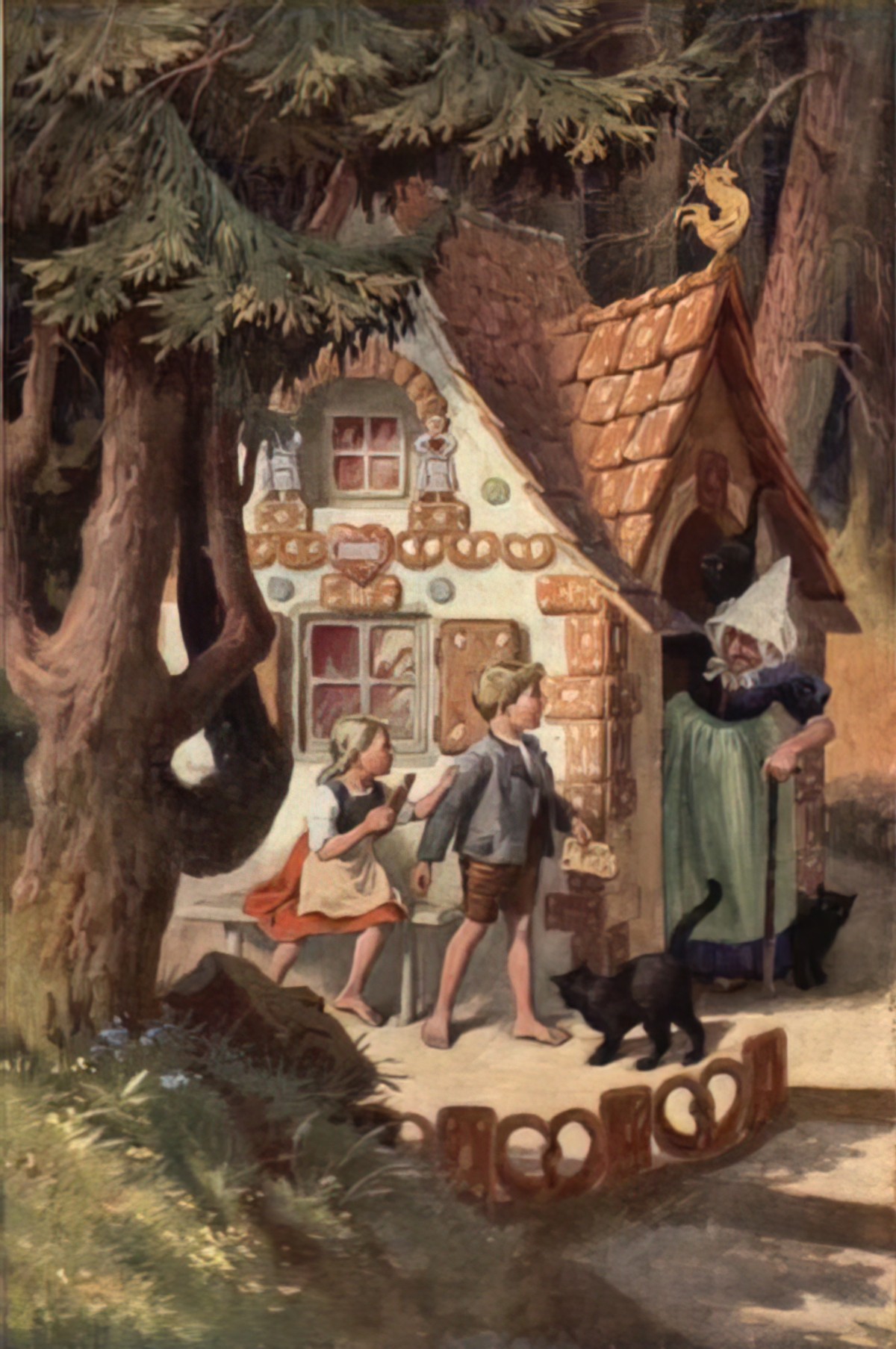
When artists choose to illustrate a single narrative moment, they make a choice of lasting importance, because their illustration creates a memorable impression for an entire story, one that visually anchors an impression of that story in its reader’s memory. Illustration history is full of such memorable moments. In the illustration history of Grimm’s Tales, one image predominates, that of…
-
Dinner Time In Art and Storytelling
What does dinner time look like in your house? Do you see your own family tradition reflected in children’s books? I remember hearing once — perhaps on the yak track of Downton Abbey — that, for film makers, table scenes are the most difficult to shoot and edit. Unlike in any other scene, the characters […]
-
Lamb To The Slaughter by Roald Dahl Analysis
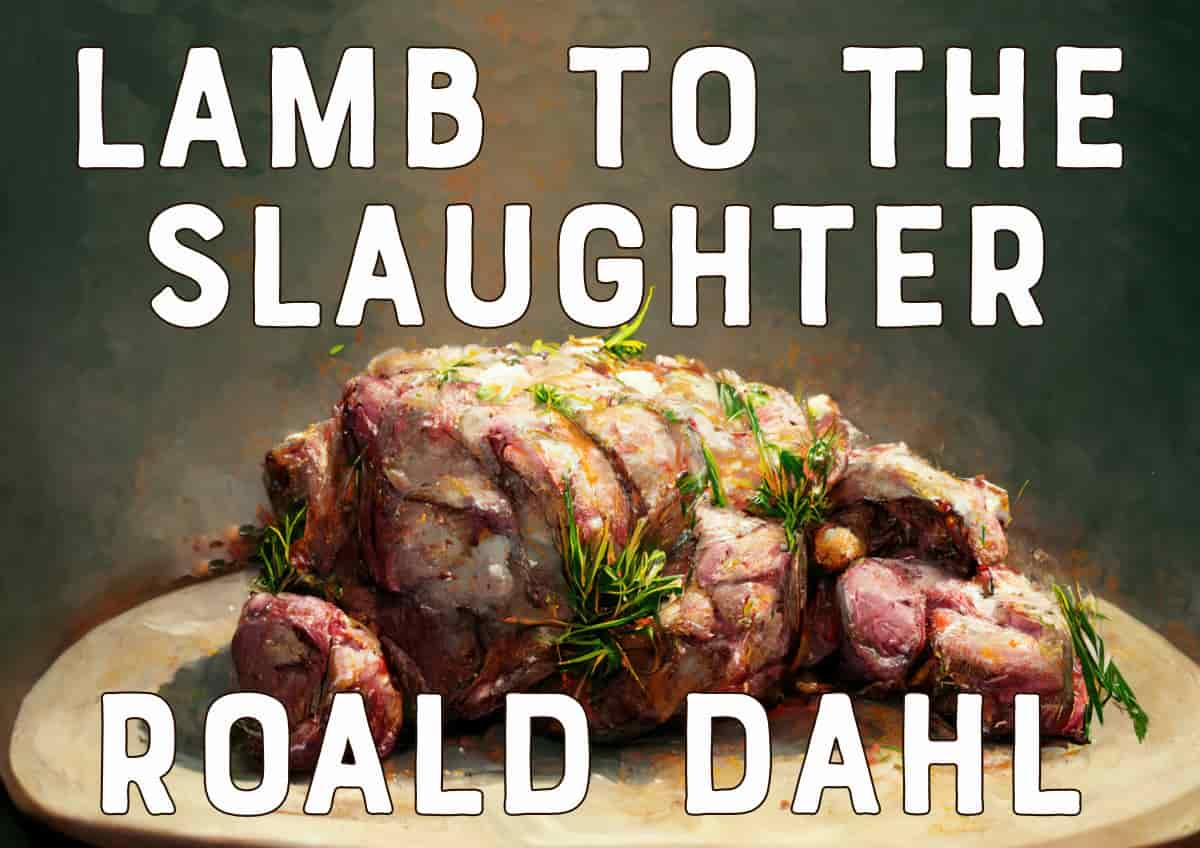
“Lamb to the Slaughter” is one of Roald Dahl’s most widely read short stories, studied in high school English classes around the English speaking world. In this post I take a close look at the structure from a writing point of view. Why has this story found such wide love? What appeals?
-
Green Eggs and Ham by Dr Seuss Analysis
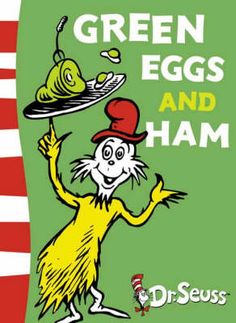
This month I’m blogging a series aimed at teaching kids how to structure a story. This seven-step structure works for all forms of narrative. It works for picture books, songs, commercials, films and novels. Today I take a close look at another Dr Seuss early reader, Green Eggs and Ham. Green Eggs and Ham is buddy […]
-
The Secret To Russian Fudge
How to make Russian Fudge — a step-by-step guide for cooks with no sweet thermometer and no Edmonds Cookbook (which is only of limited help anyway). Googling has so far not helped me out on this one, so while Mum was staying at our place this week I had an extended lesson in how to […]
-
The Biggest Sandwich Ever Analysis
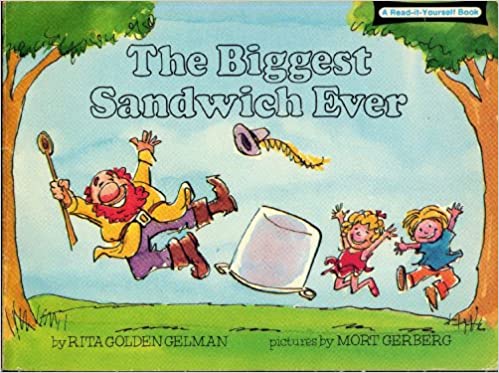
The Biggest Sandwich Ever is a book from 1980. It was my first “Lucky Book Club” purchase, and I loved it. (I don’t agree with my husband either, who says there should also be an “Unlucky Book Club”.) What makes it great? It’s not especially original, but it does follow a successful formula. Although the […]
-
The Very Hungry Caterpillar Picture Book Analysis

Along with others such as Goodnight Moon, The Very Hungry Caterpillar makes for an excellent case study into how simple can equal super-popular. I like this book because of its subtle healthy-eating message. So many picture books rely upon stock yuck, but here it’s the green food that saves the caterpillar. The “Book Will Turn […]
-
Enid Blyton, Food and Ginger Beer
I’m no Enid Blyton apologist when it comes to word echo and other matters of style, but Enid Blyton never wrote the phrase ‘lashings of ginger beer’. This phrase was used in a popular parody called Five Go Mad In Dorset, and is now often mistakenly attributed to the author herself. Enid Blyton did use the […]
-
The Magic Porridge Pot And Famine
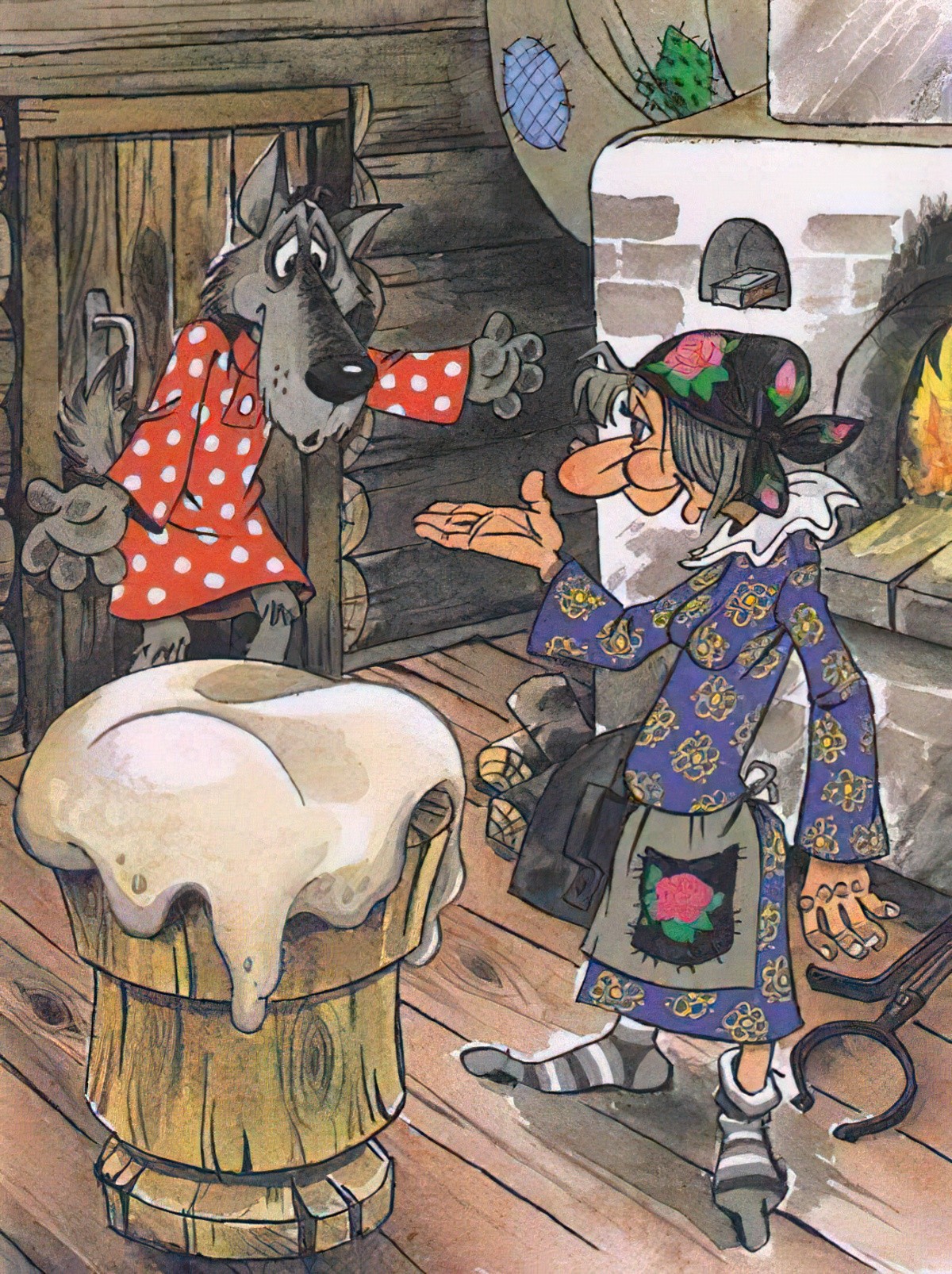
The Magic Porridge Pot is also known as Sweet Porridge and goes by various similar titles. This is a fairytale borne of famine.
-
Gross-out Children’s Books
What Are Gross-out Books? Gross-out books are frequently classed as ‘trash‘ and rarely win the big awards, perhaps partly because they sell so well. Gross-out books fall into the category of ‘carnivalesque‘. In academic terms, these gross-out books might be called ‘carnivalesque-grotesque’. Carnivalesque-grotesque narratives directly address the personal and sociocultural anxieties induced by knowledge of […]
-
Where The Wild Things Are by Maurice Sendak Analysis
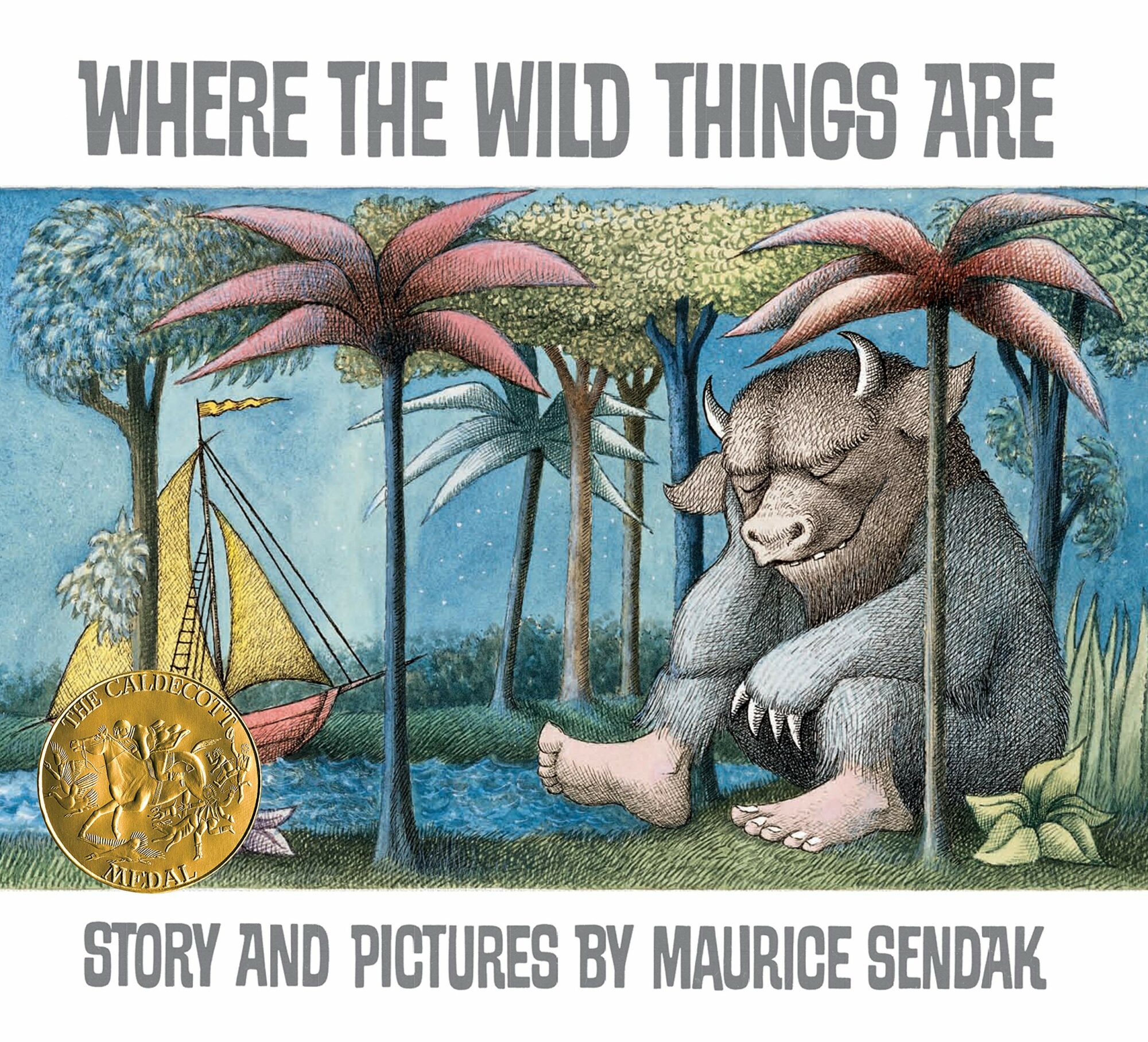
“Where The Wild Things Are” by Maurice Sendak is the picture book that changed picture books forever. The picture book began to be understood, after Maurice Sendak, as something extraordinary – a fusion of images and limited vocabulary which authors such as Julia Donaldson, Lauren Child, Alan and Janet Ahlberg, Emily Gravett and more have turned […]
-
Guess Who’s Coming For Dinner? Picture Book Analysis
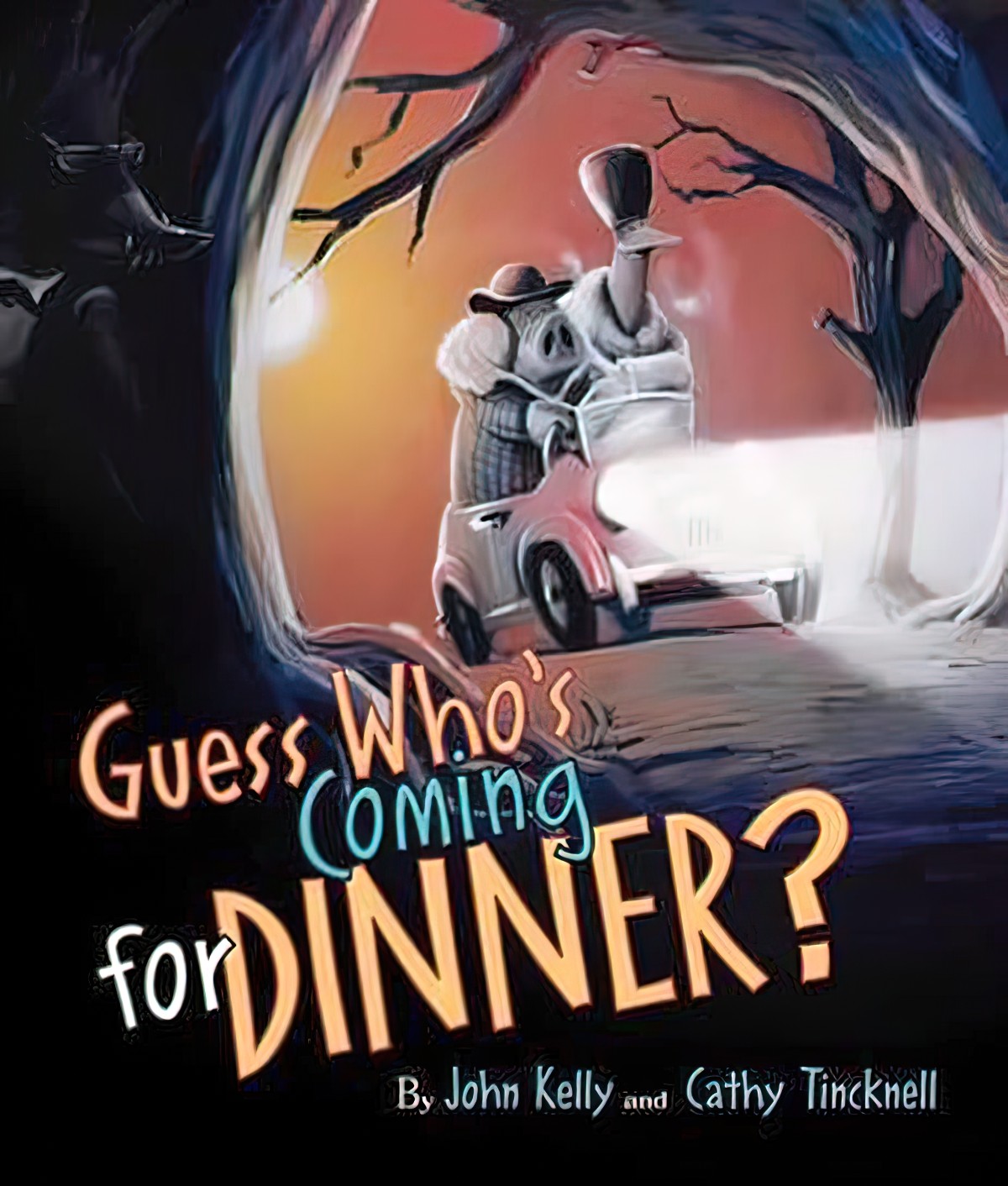
Guess Who’s Coming For Dinner is one of my all-time favourite picture books and funnily enough, it has been created by a husband and wife team. Some of the very best picture books are obviously created with a lot of collaboration between writer and illustrator, and it amazes me that so many (also good) picture books are created without writer…
-
Food And Sex In Children’s Literature
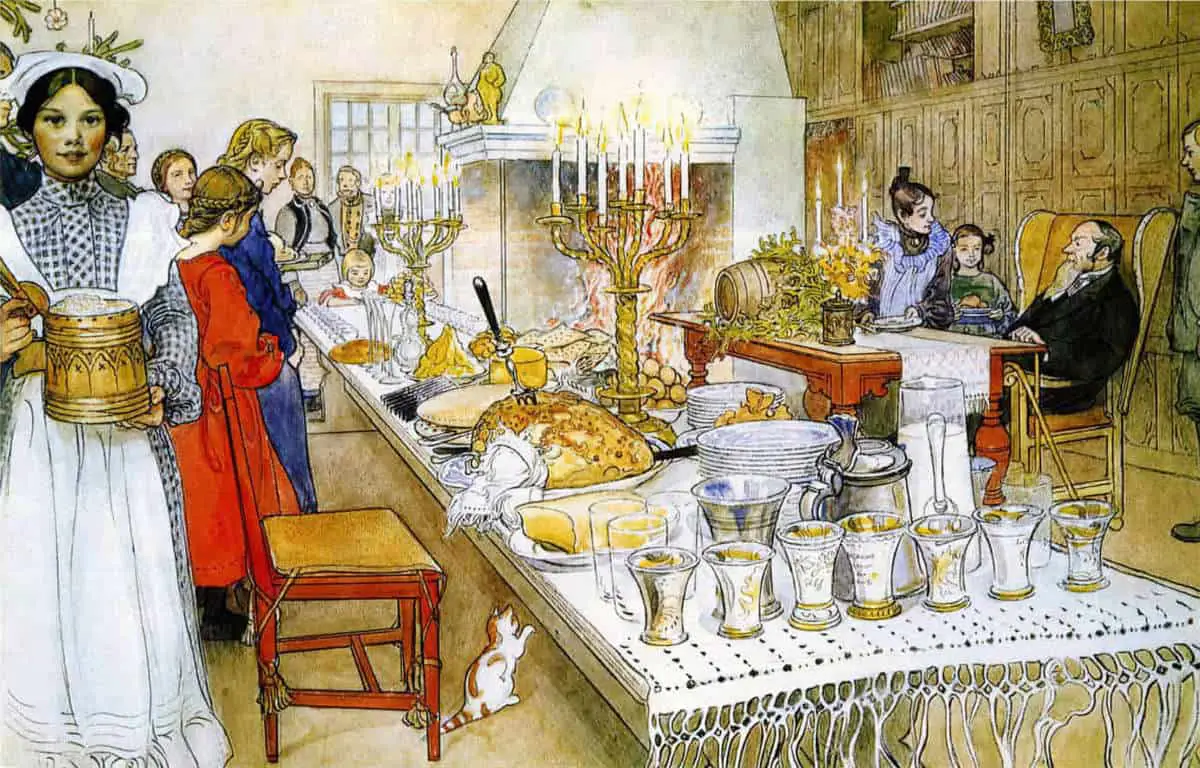
Food plays an important role in children’s literature, and is one difference between mainstream literature and literature for children. Food means all sorts of things throughout literature — sometimes it symbolizes good, other times evil. Writers don’t care what they eat. They just care what you think of them. Sport, Harriet the Spy Why All […]
-
Mushrooms In Children’s Illustration
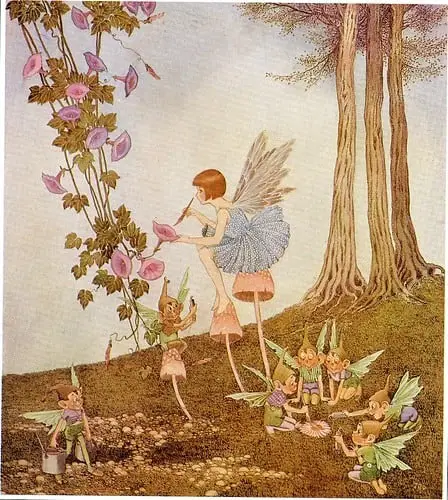
This one goes out to all those mushroom lovers out there.